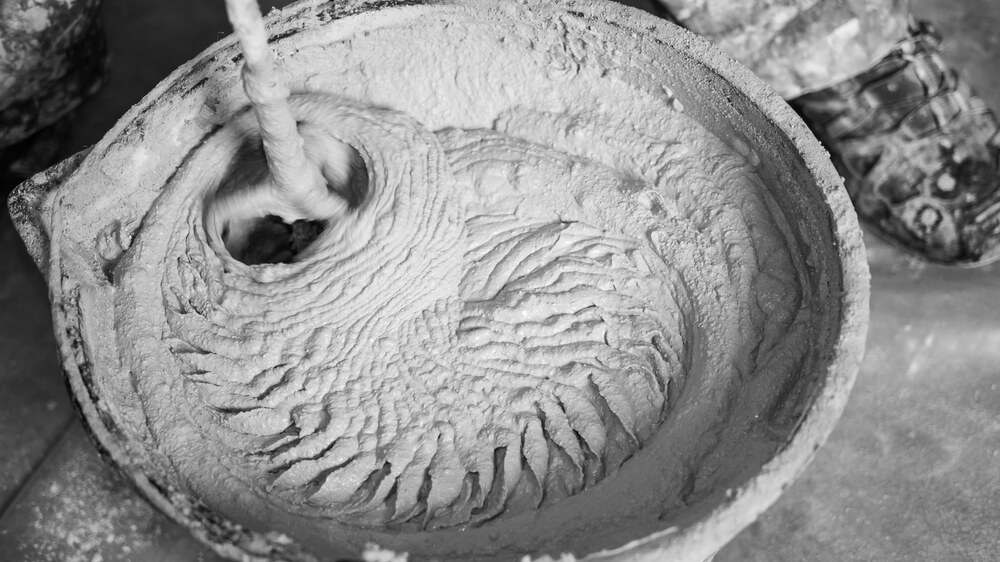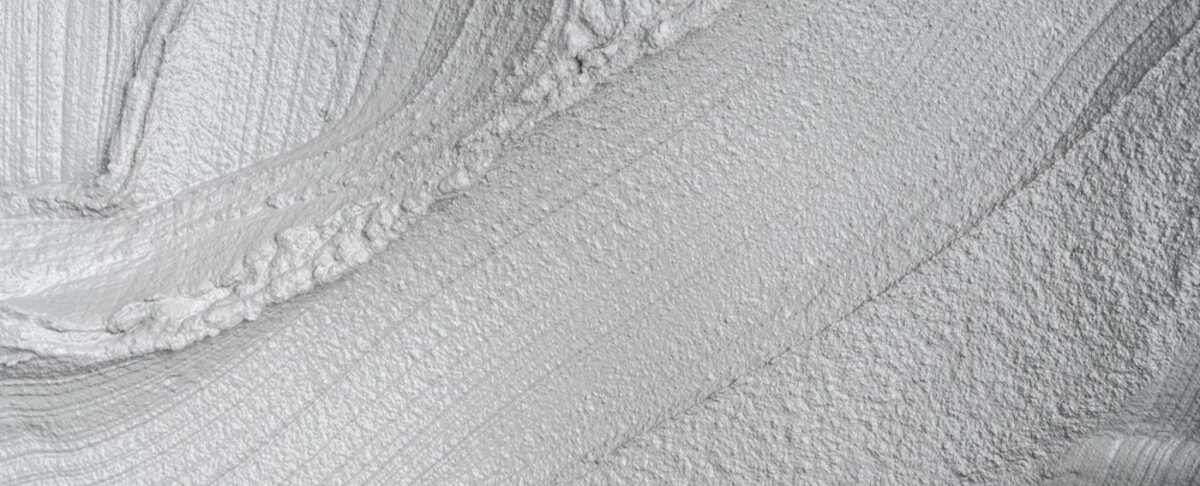Choosing the right concrete mix can mean the difference between a long-lasting structure and one that quickly deteriorates. Whether you’re laying the foundation for a home, building a patio, or even setting up fence posts, the quality and type of concrete you use play a critical role in the success of your project. Understanding the different types of concrete and their specific applications ensures you get the strength, durability, and finish you need.
In this article, we’ll explore the factors you need to consider when choosing the perfect concrete mix for your project, guiding you through the process from start to finish.
The Importance of Choosing the Right Concrete Mix
Concrete may look the same once it dries, but the composition of the mix can vary widely depending on the intended use. Each project has different demands, and using the wrong type of concrete can lead to cracking, weakening, or even complete failure of the structure over time.
Why Not All Concrete Is the Same
Concrete is made from a combination of cement, water, and aggregates like sand or gravel. However, it’s the ratio of these components and the addition of other elements that determine its strength, flexibility, and durability. There are specific mixes designed for heavy-load structures, while others are formulated for ease of finishing and aesthetic qualities. This is why it’s so important to match the mix to the project requirements.
Understanding the Different Types of Concrete Mixes
Before choosing a concrete mix, it’s crucial to know the different types available and what each one is best suited for. Here are the most common types of concrete mixes you’ll encounter:
Standard Mixes
Standard concrete mixes are used in a wide variety of residential and commercial construction projects. The most commonly used mix ratio is 1 part cement, 2 parts sand, and 4 parts gravel, with just enough water to bind everything together. This mix is ideal for projects like sidewalks, driveways, and floors where a balance of strength and workability is needed.
High-Strength Concrete
When your project requires additional strength—such as in structural components or heavily trafficked areas—a high-strength concrete mix is necessary. High-strength concrete typically has a lower water-to-cement ratio and includes additional cement or specialized additives to boost its compressive strength. Projects like high-rise buildings, bridges, and industrial floors benefit from this mix.
Quick-Setting Concrete
For projects that require a faster completion time, a quick-setting concrete mix is your best option. This type of concrete hardens in just a few hours, allowing for quicker project turnaround. Quick-setting concrete is ideal for smaller, time-sensitive tasks like fence post installations or patch repairs.
Decorative Concrete
If aesthetics are a priority, decorative concrete mixes offer a solution that blends durability with visual appeal. These mixes are often designed for finishes like stamped or colored concrete, providing both function and style. They work well for patios, outdoor kitchens, or garden walkways.
Factors to Consider When Selecting a Concrete Mix
Choosing the right mix isn’t just about selecting a type from a list. Several other factors need to be considered to ensure the longevity and quality of your project.
Strength Requirements
The most important factor when choosing a concrete mix is the required strength. Concrete strength is measured in pounds per square inch (PSI). For residential projects like sidewalks or patios, a mix with 3,000 to 4,000 PSI is typically sufficient. Larger commercial or structural projects may require concrete with strengths of 5,000 PSI or more.
Exposure to the Elements
Another critical factor is environmental exposure. Will the concrete be exposed to freeze-thaw cycles, heavy rain, or extreme heat? These conditions can take a toll on concrete over time, causing cracks or surface degradation. In such cases, you might want to choose a mix that includes air-entraining additives to help the concrete resist freezing and thawing, or opt for a mix specifically designed for harsh environments.
Workability and Finish
If your project requires a smooth, polished finish, you’ll want a concrete mix that has higher workability. Adding more water can make the mix easier to spread and finish, but it can also weaken the final product if not properly managed. In these cases, using a plasticizer or other additive can increase the workability without sacrificing strength.
Budget Considerations
The cost of different types of concrete mixes can vary based on the materials used, additives included, and the mix’s strength requirements. It’s important to balance cost with the needs of your project. While it may be tempting to go for a cheaper mix, you don’t want to compromise the integrity of your structure by choosing a weaker or less suitable concrete mix.
Conclusion

Choosing the right concrete mix for your project doesn’t have to be a daunting task. By understanding the types of mixes available and considering factors like strength, environmental exposure, and workability, you can confidently select a mix that will meet your needs and ensure the success of your project. Whether it’s a standard mix for a simple walkway or a high-strength mix for a structural foundation, using the right concrete can extend the life of your project and help avoid costly repairs down the line.
If you’re still unsure about which concrete mix is best for your project or need expert advice, contact Richfield Concrete today. We’re here to help you find the perfect solution to ensure your project’s success from start to finish.




